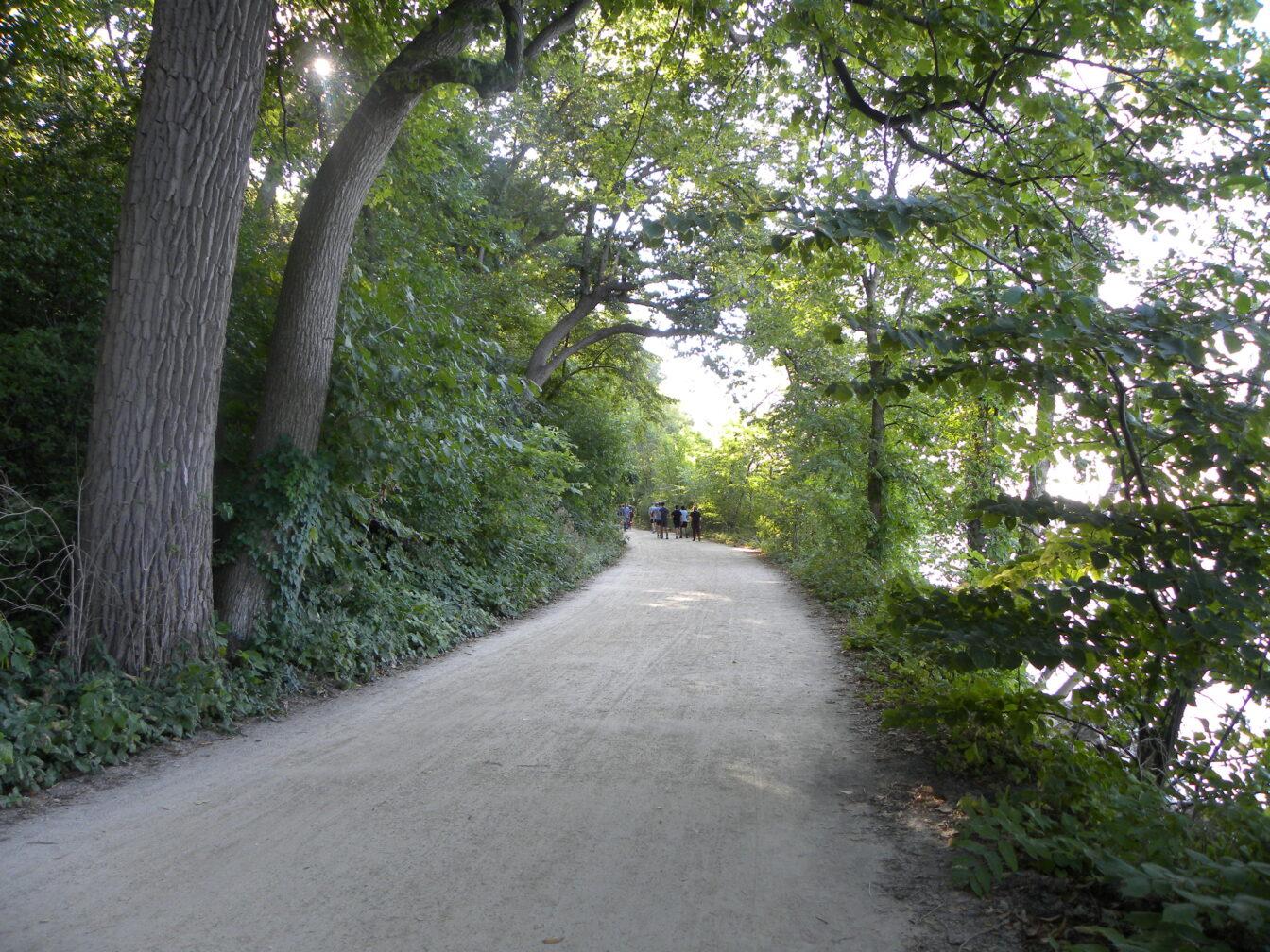Efforts need to be made to further include communities of color in conservation and wildlife programs, a primarily white field. As of 2020, 40 of the most prominent environmental organizations associated with the green movement were found to still be majority white, despite making some improvements in the last few years, according to Green 2.0’s NGO and Foundation Transparency Report Card.
The conservation field has a deeply rooted history of racism and oppression. People of color are excluded from environmental policymaking, particularly Indigenous communities. Governmental or “mainstream” conservation efforts often replace Indigenous cultural conservation efforts and the land that is stolen from those communities is usually built upon, disrupting ecosystems with industrialization.
With this long history of exclusion in the conservation field, some environmental organizations are trying to enact change. The Natural Resources Foundation of Wisconsin has a paid internship program open to students of color where they are placed in a conservation group for the summer. The Diversity in Conservation Internship is open to any and all students of color, with no previous experience required. For 10 weeks of work in their conservation group, the interns receive a $6,000 stipend.
Republican attack on UW System DEI initiatives puts students in danger
The program also includes resources for students including career advice, networking and mock interviews. For many students of color, this internship is a great gateway into the conservation field.
Programs like the Natural Resources Foundation of Wisconsin exist in other states and nationally as well, often expanding upon recruiting underrepresented groups.
For example, Oregon’s Northwest Youth Corps has a program to recruit LGBTQ+ students to their Rainbow Crews. The nationwide Conservation Legacy organization also has a program recruiting students from underrepresented groups into conservation organizations from the Appalachian region to the Southwest.
It is incredibly important that people of color be more involved in conservation efforts, not only because the field is and has been primarily white, but also because according to a study from Children’s Minnesota, climate change and pollution disproportionately affect communities of color.
This phenomenon is called environmental racism, in which Black, Indigenous and people of color face increased exposure to pollution like air pollution or lead poisoning, causing health problems. Environmental racism goes far beyond pollution. People of color have less access to green spaces in urban areas, are exposed to hotter climates and can even be more susceptible to flooding.
Since communities of color feel the effects of climate change and pollution most directly, it is incredibly important that they have a voice in helping the environment. Members of communities impacted by climate change have the drive to change their communities for the better and might know of the right solutions from experiencing everything first-hand.
Corporate Pride collections represent performative LGBTQ+ activism
Conservation efforts need to have diverse ideas and individuals to make the best impact on the environment and to actually enact change. That is why programs like the Natural Resources Foundation of Wisconsin’s Diversity in Conservation Internship Program are so important — they help students with no experience get their foot in the door in this primarily white field.
But, these programs are typically small. The Diversity in Conservation Internship Program only had seven participants in 2022. To truly promote diversity in conservation, much more work needs to be done across all levels of the field.
According to a Land Trust Alliance special report titled “Diversifying the Conservation Movement” written by Marcelo Bonta and Charles Jordan, conservation leaders need to view diversity as a top priority and focus on recruiting diverse perspectives.
Bonta and Jordan believe working on diversity and inclusion in multiple areas across an organization is the best way to diversify the field. That means hiring people of color in leadership and executive roles, not just as interns or entry-level positions.
These organizations need to understand that recruiting and maintaining diversity across their staff will be difficult, leading to restructuring and change, but it will ultimately result in a better working culture across the organization. Difficult conversations are necessary to infuse diverse perspectives into the conservation field.
Bonta and Jordan also point out that conservation groups need to actively reach out to communities of color, showing support for the individuals in those communities.
This can mean helping to create gardens in urban neighborhoods, hosting workshops to build birdhouses or giving out seeds to residents in communities of color. By showing support and actively participating in these communities, conservation groups can make connections and potentially spark interest in the field.
In Wisconsin, this community building must be done with the Indigenous community in particular. With 12 different tribal nations across the state, the acknowledgement that Wisconsin is stolen land is not enough.
These cross-cultural connections must be sustained and heavily encouraged for Wisconsin to simultaneously fight climate change and provide diverse perspectives in the conservation field.
Nationwide and in Wisconsin, conservation groups need to prioritize diversity across all levels of their organization to enact real, lasting change. But for right now, internship programs for students are a good place to start in terms of recruiting diverse voices.
Emily Otten ([email protected]) is a senior majoring in journalism.




















